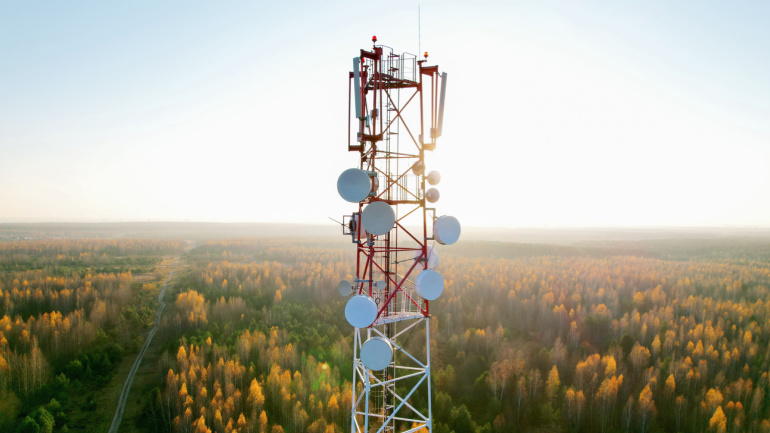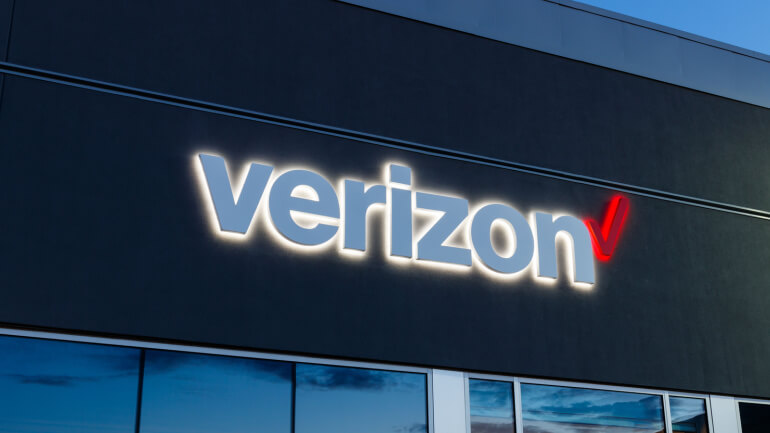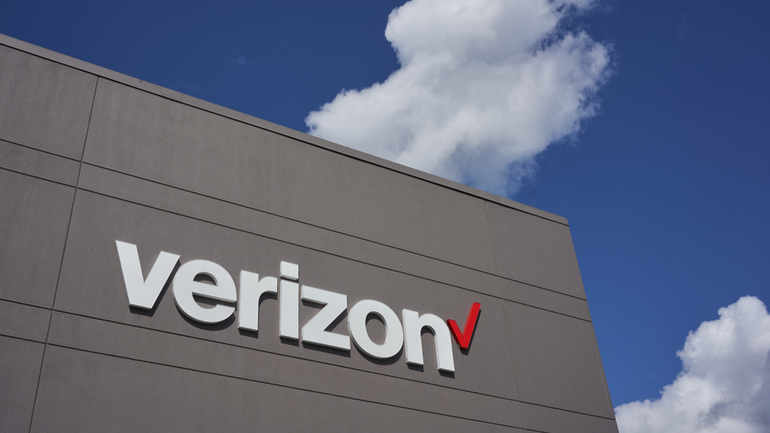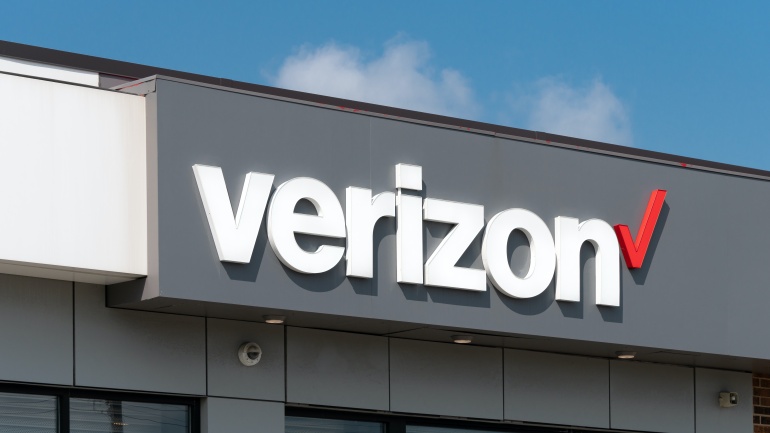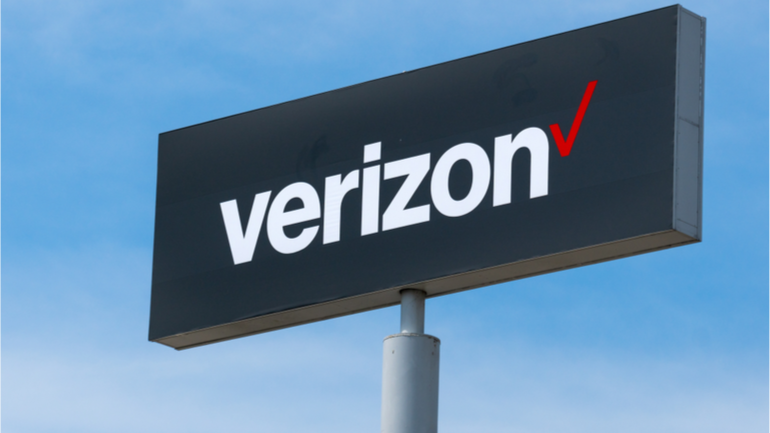Verizon’s innovative deal with infrastructure specialist Vertical Bridge promises accelerated 4G and 5G deployment in the US, showcasing a unique tower leasing model that fosters collaboration and transforms mobile tower management.
Verizon Business has announced that it will provide a variety of network connectivity options to Siemens, a German global technology business, in order to maintain the security of its employees’ devices and data. The solutions will provide Siemens employees in smaller office locations with a smooth “plug and play” user experience while emphasizing security and zero trust principles. Siemens’ zero-trust initiative demands that all employee devices be verified, approved and continually checked before access to mission-critical applications and data is granted or retained. Verizon Business will implement an “internet only” connection, such as a global Managed Wide Area Network based on Cisco Meraki technology, which is vital to the success of the Siemens’ “never trust, always verify” program. According to Sanjiv Gossain, EMEA Vice President, Verizon Business, an intelligent network may make underlying architectures more agile by controlling traffic and improving operational efficiency. He noted that while every…
Verizon has been awarded a $2.4 billion contract to update the US Federal Aviation Administration’s (FAA’s) telecommunications and information management systems. If all options are exercised, this agreement, which represents fresh business for the corporation, will last 15 years. The deal was awarded under the FAA Enterprise Network Services (FENS) procurement program, which replaces the old FAA Telecommunications Infrastructure (FTI) contract system. Harris Corp., who was previously in possession of the FTI award, lost the contract. In addition to network access for administrative information systems such as email, payroll and online training, Verizon will offer telecommunications, information management services, network connectivity and other capabilities. Also, Verizon will offer services for program management, network engineering, test and evaluation, and network security management. The contract infrastructure will serve as the cornerstone of the Next Generation Air Transportation System. Verizon Business CEO Kyle Malady said: “From dynamic services and bandwidth…
During Super Bowl LVII in Glendale, Arizona, Verizon customers broke the company’s data use record. On game day, 60% of the 67,827 spectators used Verizon’s cellular network, consuming 47.8TB of data in and around State Farm Stadium. This statistic reflects a 36% increase in data use over Super Bowl LVI in 2022. The highest data use surges happened during the halftime performance and during kickoff. The network’s peak download rates reached 4,200Mbps, while the median download speeds were 2,300Mbps. A team of 100 Verizon engineers operated the Network Command Center 24 hours a day, seven days a week to provide a dependable network experience for spectators, first responders and public safety teams. In preparation for the game, Verizon committed more than $100 million in network improvements and enhancements in and around State Farm Stadium and the surrounding Phoenix region. The company installed 5G Ultra-Wideband in various zones within…
Given all of the major cellular carriers’ full-scale adoption of 5G network resources, it’s likely no surprise that data consumption totals during Sunday’s Super Bowl LVI at SoFi Stadium in Los Angeles set records for both Verizon and AT&T. Verizon invested $119 million on its network in the SoFi Stadium area, while AT&T expanded its fiber network. Customers on Verizon’s cellular networks “in and around” the stadium utilized a total of 30.4 terabytes of data on Sunday, surpassing Verizon’s highest recorded record of 21.5 TB of data used at Super Bowl LIV in Miami in 2020. According to the operator, 60% of guests at the SoFi Stadium in California used its service during the game on February 13th, compared to 56% for the 2020 Super Bowl in Miami. Verizon added 169 small cells, four macro cell sites, and 24 in-building systems as part of this investment. According to Verizon,…
Verizon and Google Cloud have launched a new collaboration initiative. The corporations will join to deliver the power of the cloud closer to mobile and connected devices operating at the edge of Verizon’s network. With this new agreement, Verizon now interoperates with all three main cloud providers: Amazon Web Services (AWS), Microsoft Azure and Google Cloud. Verizon intends to deliver Google’s computing and storage capabilities to the edge of the local network by combining Verizon 5G Edge with Google Distributed Cloud Edge. This will provide real-time corporate applications such as autonomous mobile robots, intelligent logistics and industrial automation with the bandwidth and low latency that they require. Verizon’s private On Site 5G and private 5G Edge, combined with Google Distributed Cloud Edge, are expected to enable enterprises in industries ranging from retail to manufacturing to harness the power of 5G and mobile edge computing, while also gaining operational…
Verizon has announced Verizon Women’s CoLab, an attempt to support women in the current crisis of women leaving the workforce at an increased pace due to the Covid-19 pandemic. This initiative will involve Verizon’s key stakeholders, customers, employees and the general public. These actions by Verizon follow a recent survey by Morning Consult, ordered by Verizon, which found that women were leaving work due to burnout because of the Covid-19 pandemic, and having to take on additional responsibilities in their personal lives and at home. Verizon Women’s CoLab will be released later this year. It is a synergetic engine for women’s careers, wherever they might be. This initiative unites resources for women to succeed in an increasingly digital world, during and after the pandemic. Participants will gain access to leaders, top-notch development resources, and a wealth of tools that will assist them to stay and prosper in the…
Verizon Business has announced the addition of Genesys Cloud as part of its global customer experience and contact center offerings. Together with Genesys, the company is able to offer its business customers a cloud-based contact center solution. Genesys Cloud will provide businesses with access to the Verizon network and include a contact-center-as-a-service solution to communicate with their customers. The Cloud-based Contact Center as a Service from Genesys enables businesses to deliver a customer experience (CX) that is top class. The solution is delivered on an end-to-end, cloud-based remote access platform that takes advantage of Verizon’s network. In addition, the Verizon Business customer experience portfolio includes Genesys Engage subscriptions, that provides a passage from on-premises to hybrid cloud and public or private cloud deployments. Furthermore, because contact centers rely on digital, primarily remote operations, Genesys Cloud will allow remote agents to take advantage of all the capabilities the contact…
The American telecommunications company Verizon, which offers wireless products and services, has announced that it will meet its $10 billion cost reduction target, which was first announced in 2017 by Lowell McAdam, the former CEO. Back in 2017, the company said it plans to introduce an aggressive cost-cutting technique called zero-based budgeting. The idea behind this strategy is that all business units should start each year with a clean sheet and justify the money they want to spend, in place of basing it on last year’s expenses. Since the announcement, Verizon has reduced its budget by a mixture of virtualization, early retirement offerings for its management team, and operational efficiencies through the One Fiber and Intelligent Edge Network initiatives. To achieve this goal, the company has been conserving billions of dollars annually in operational efficiency stemming from the foundation of their network to the efficient flow of…
The South Korean tech giant Samsung has announced that it has signed a contract to supply network equipment to Verizon in the US. Samsung and Verizon’s wireless telecommunications solutions contract is worth about $ 6.6 billion according to information released on Monday, ensuring a great triumph for the South Korean seller against established competitors. Samsung Networks will supply network equipment and solutions, including 5G, to their American partner for the next five years, until December 2025. This new contract with Verizon is the largest that Samsung has ever received in its history. Samsung’s network business was one of the first to offer 5G network equipment to South Korean telecommunications companies when they launched their 5G networks in 2019. “We are pleased to expand our long-standing partnership with Verizon to advance their next-generation network evolution. With this latest long-term strategic contract, we will continue to push the boundaries of…



